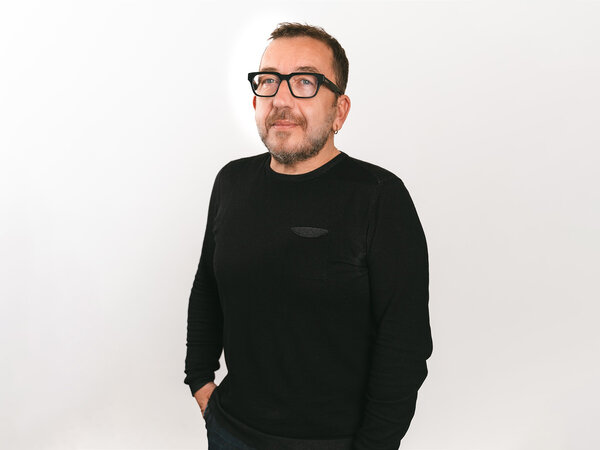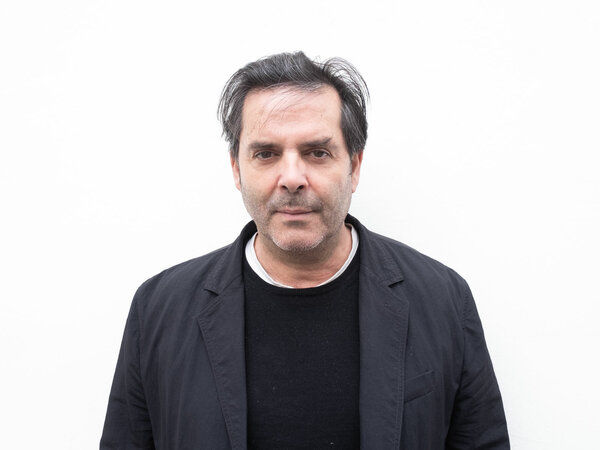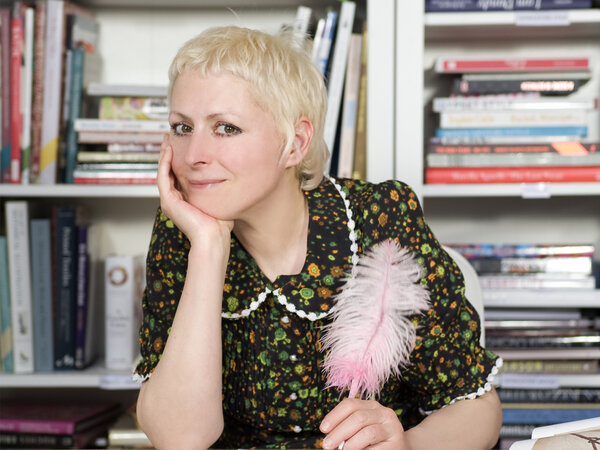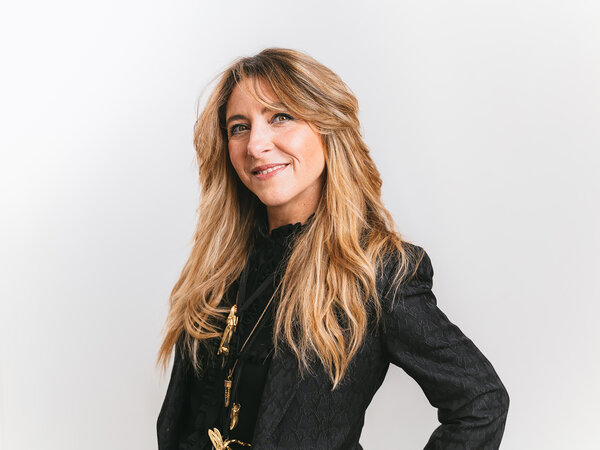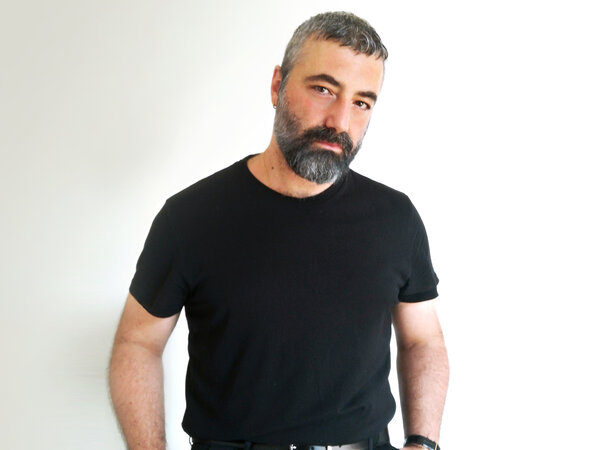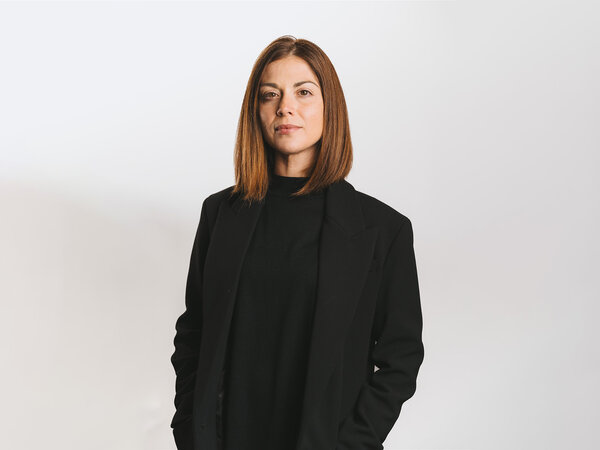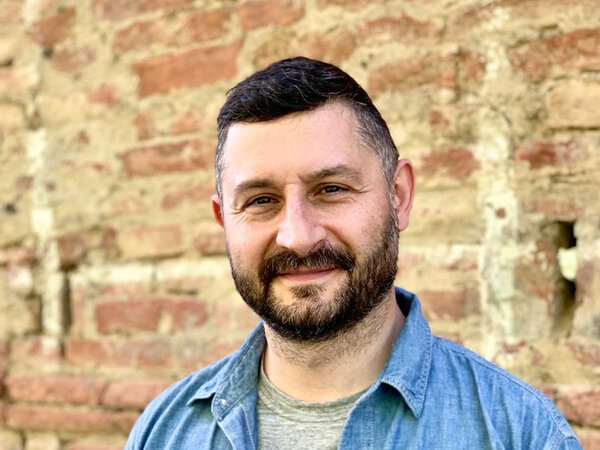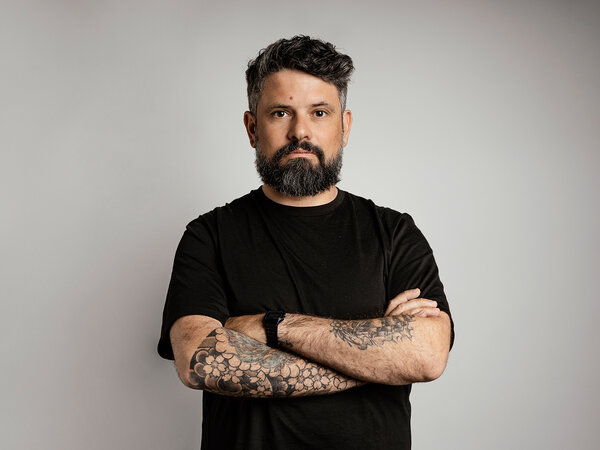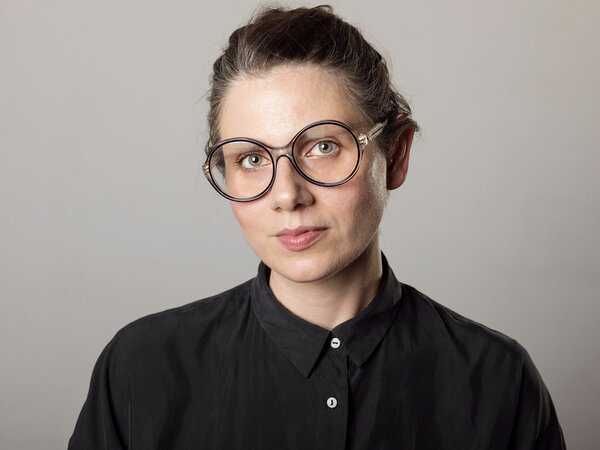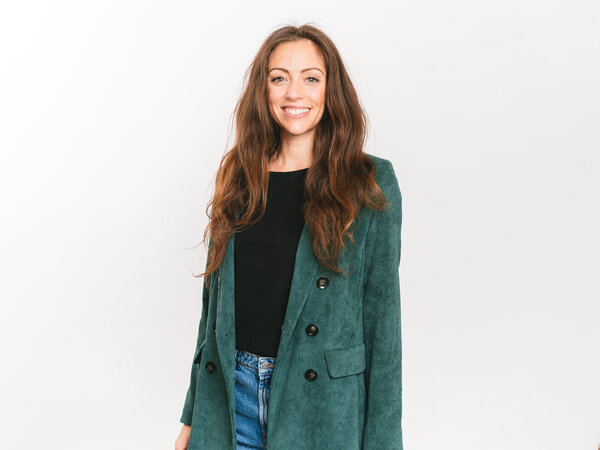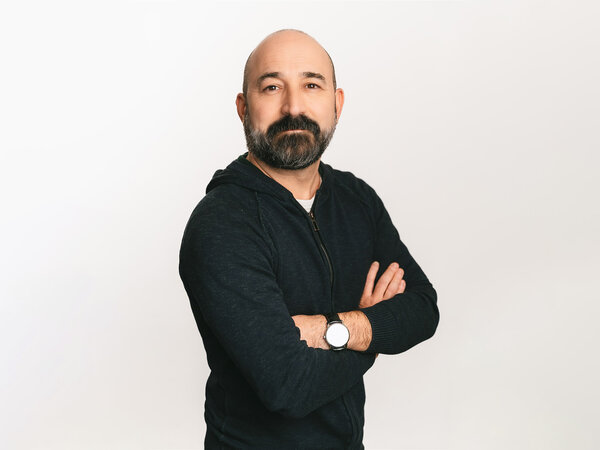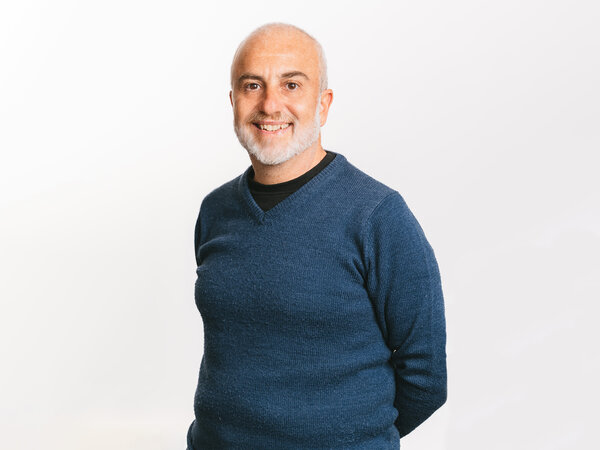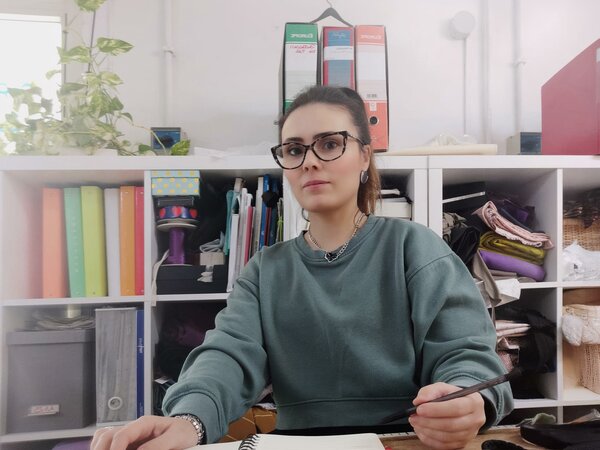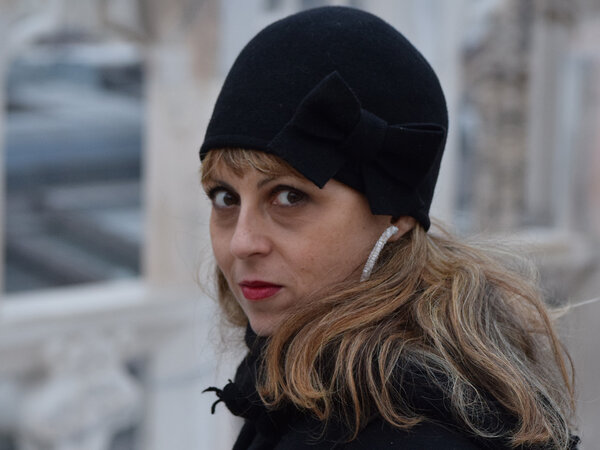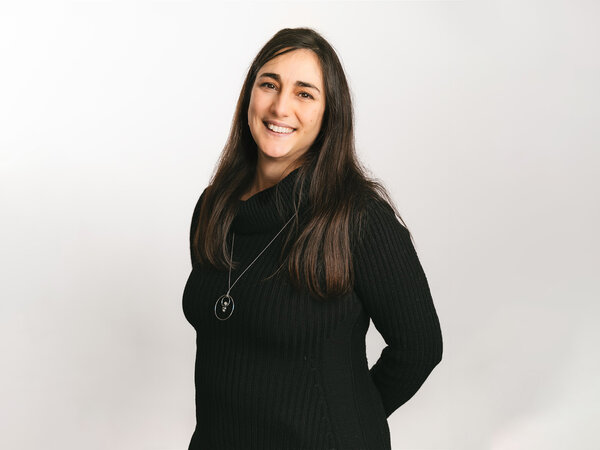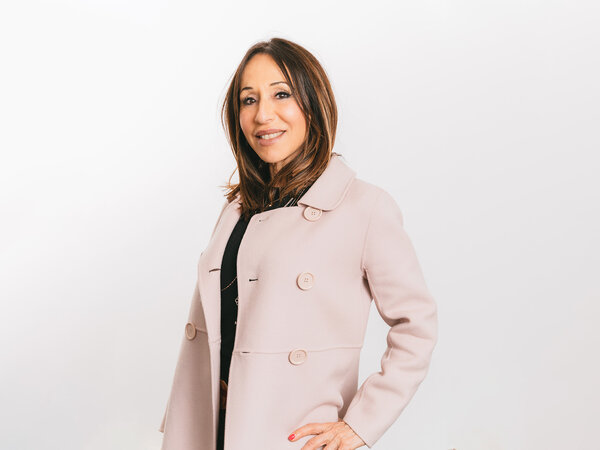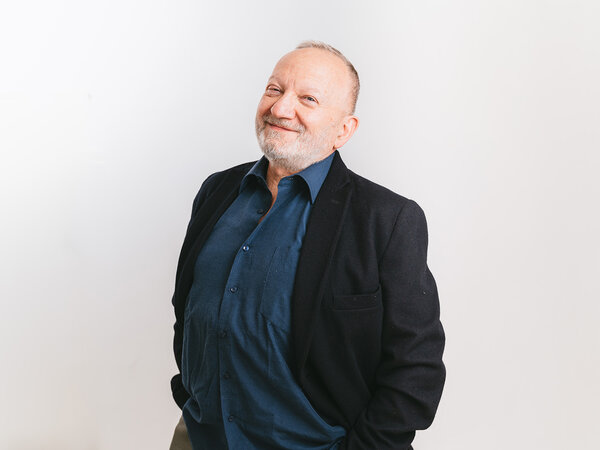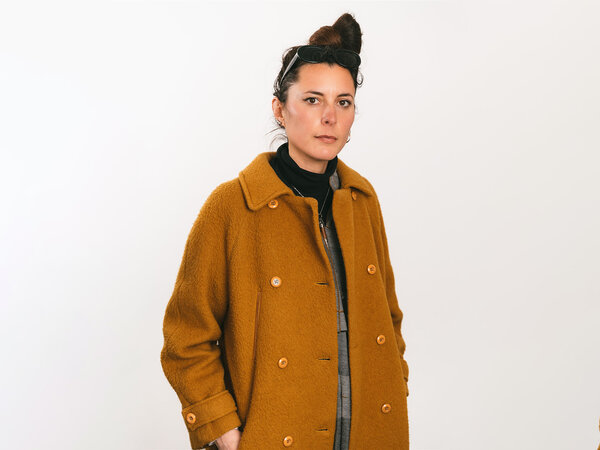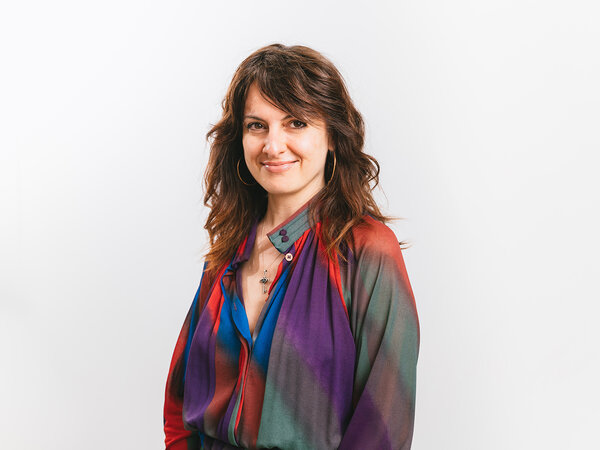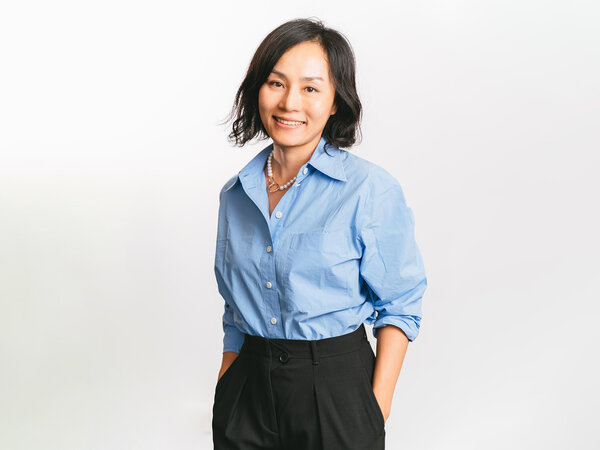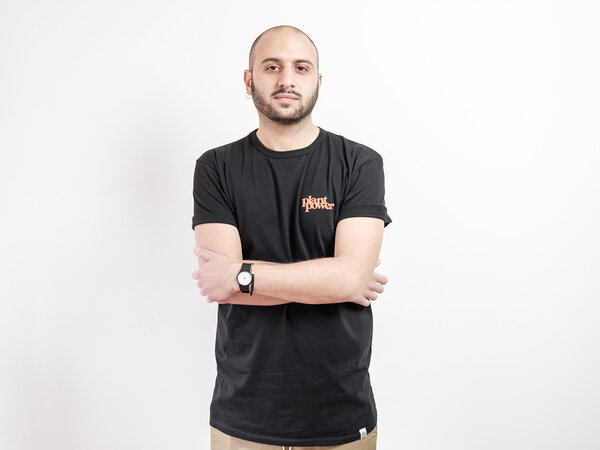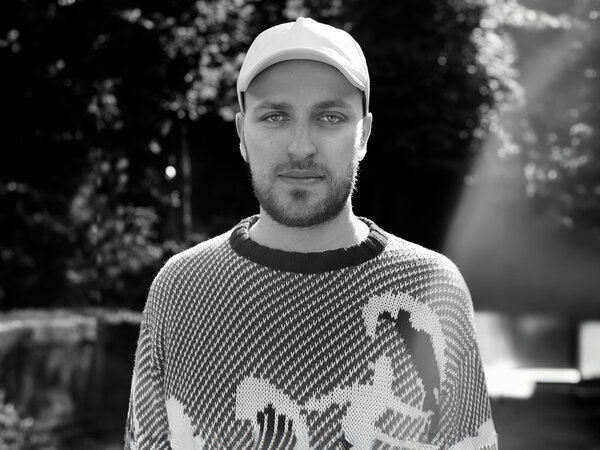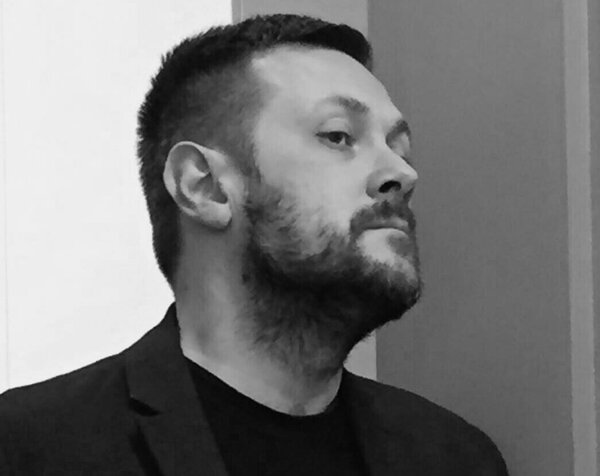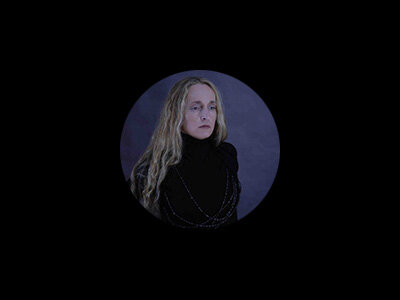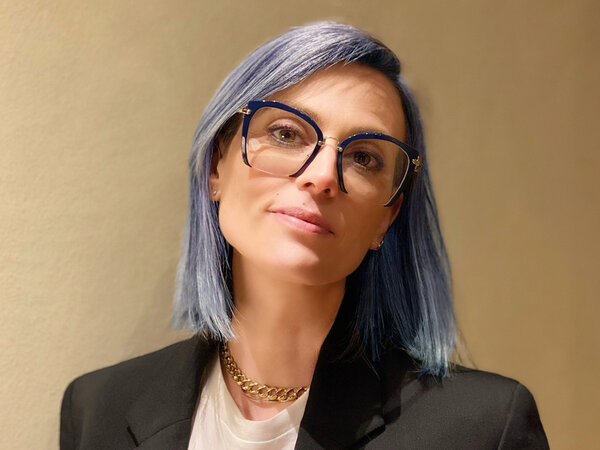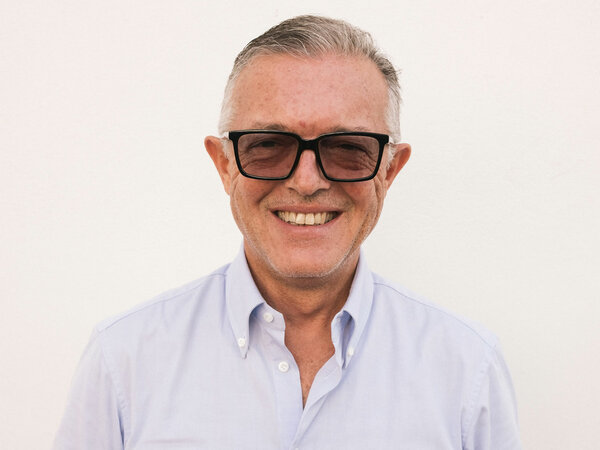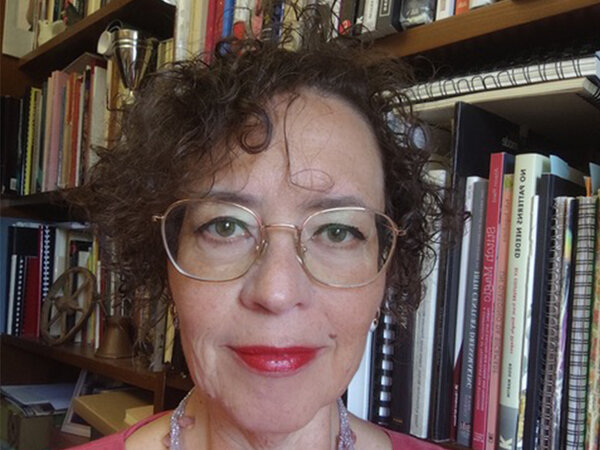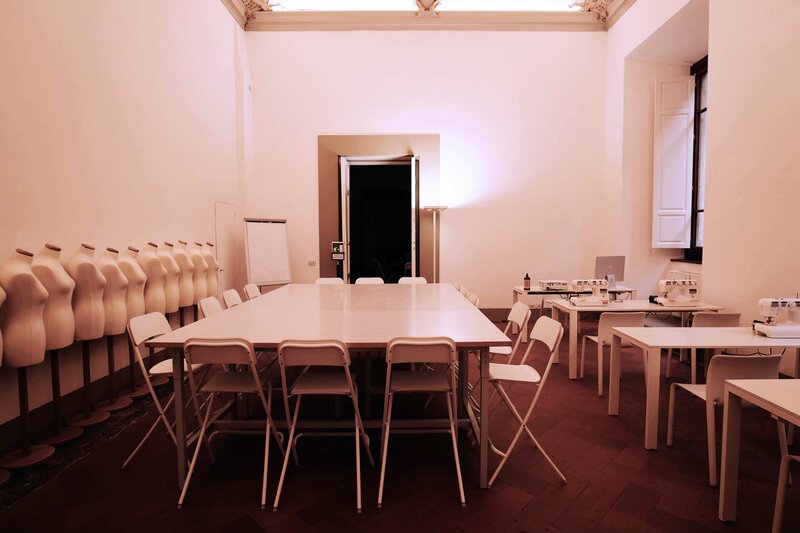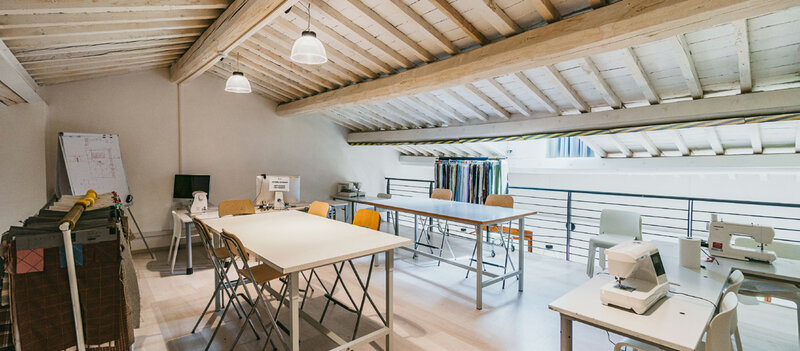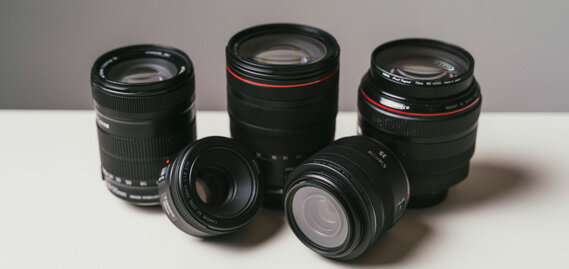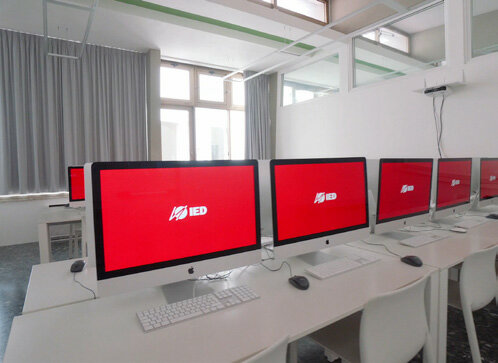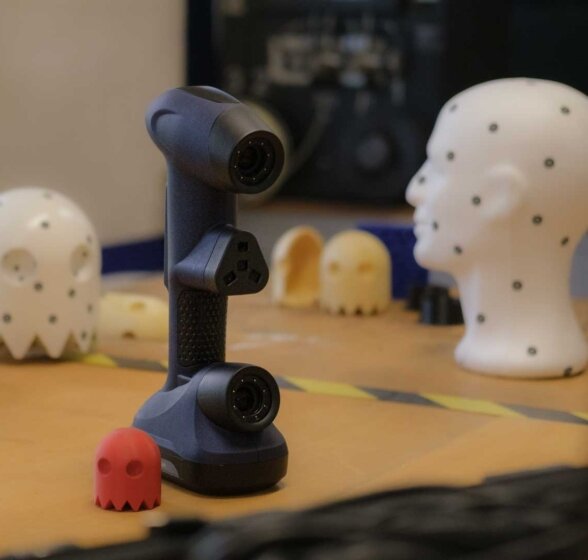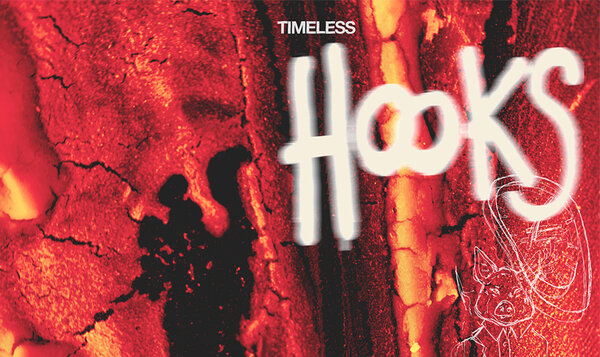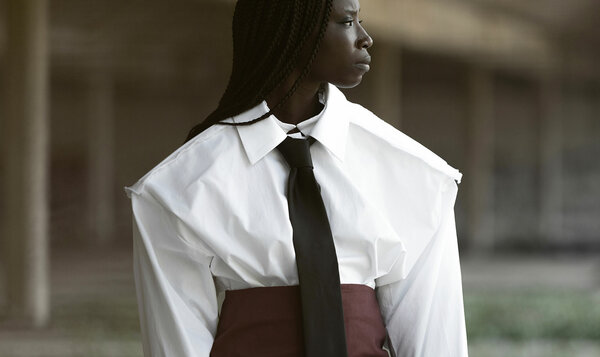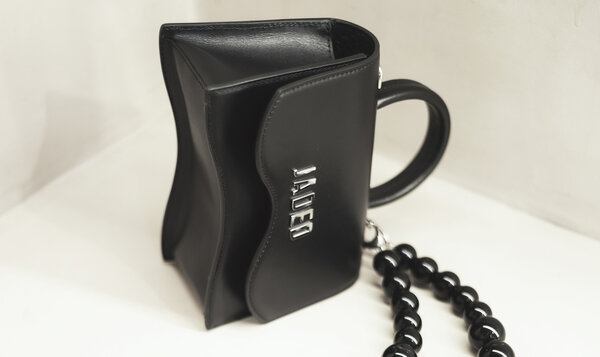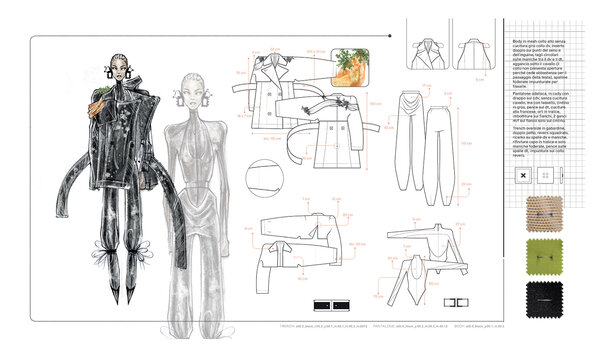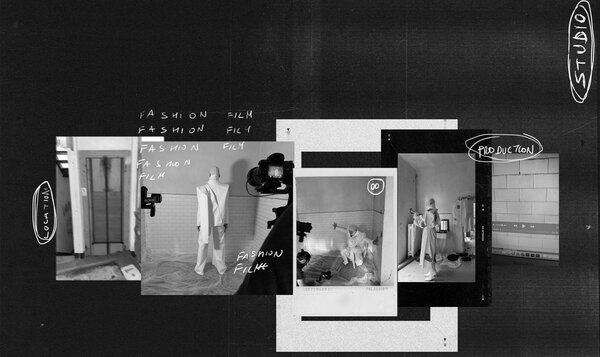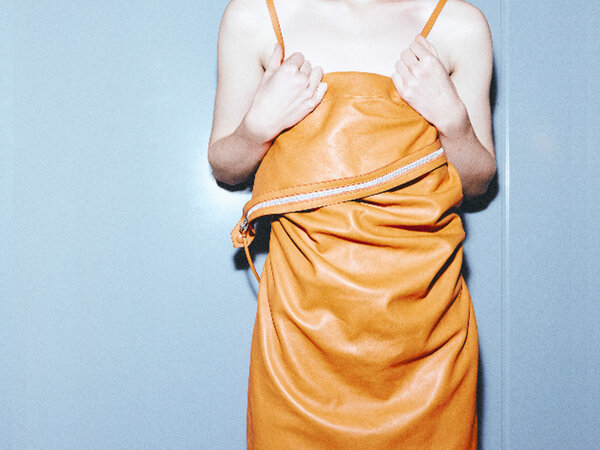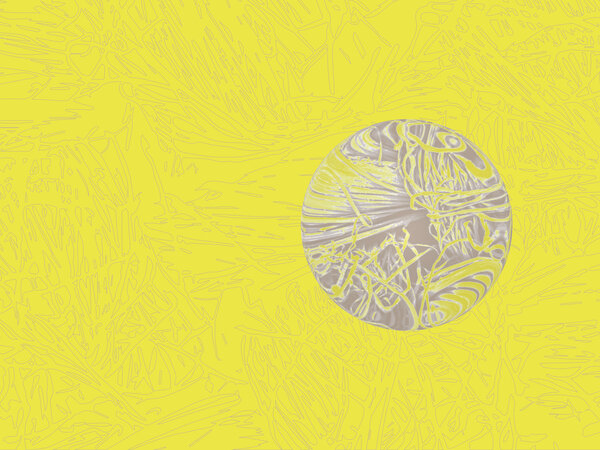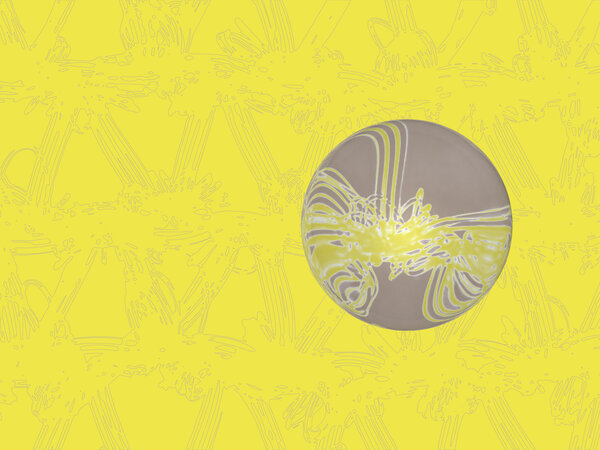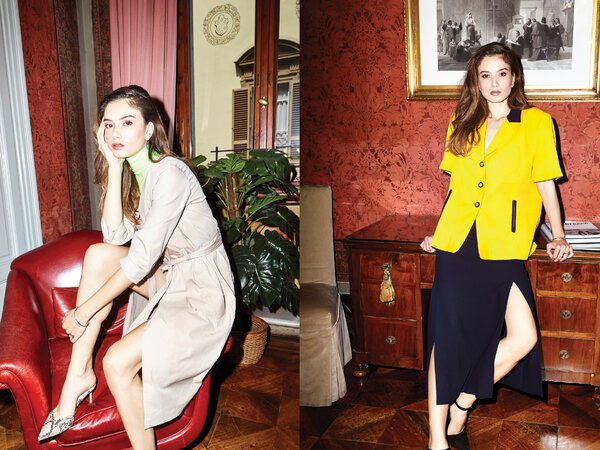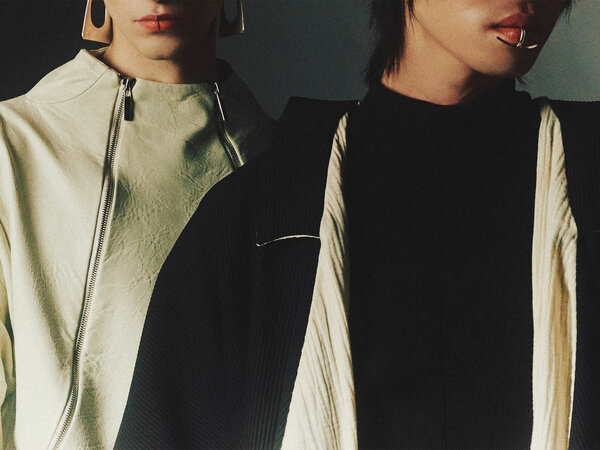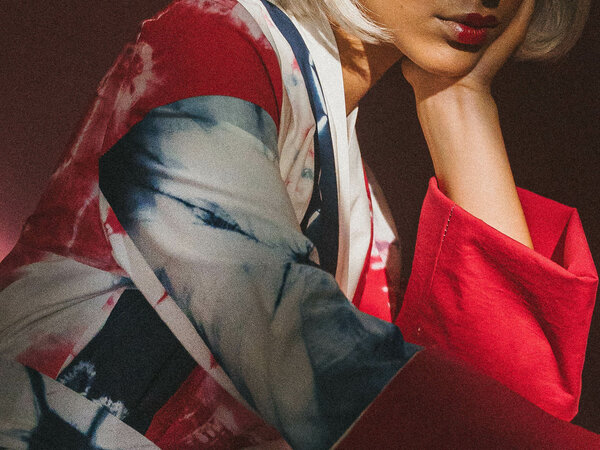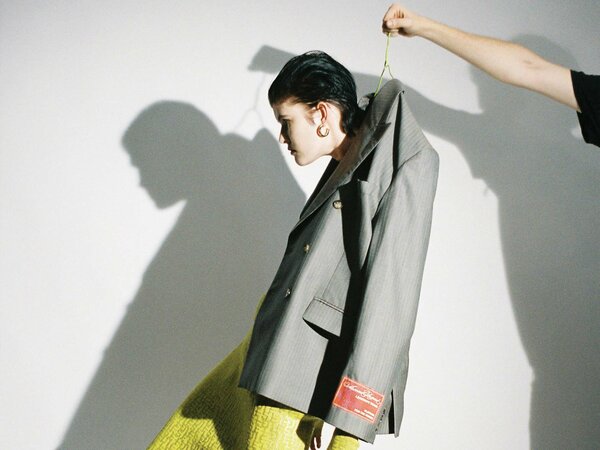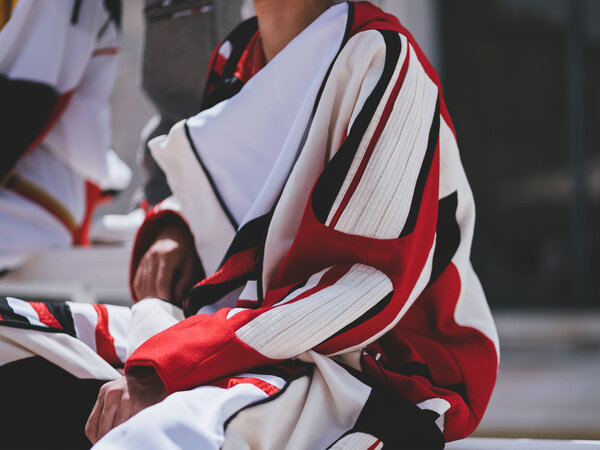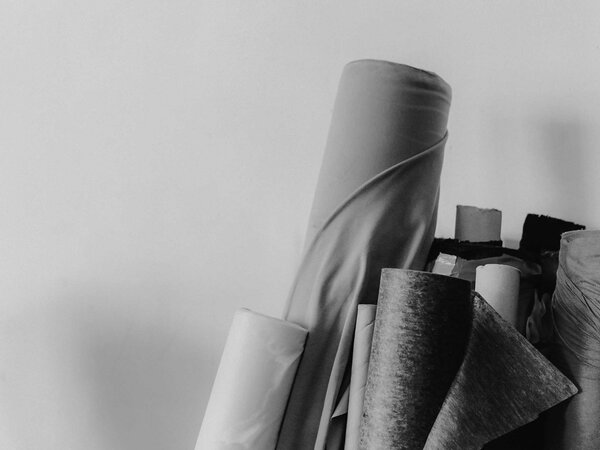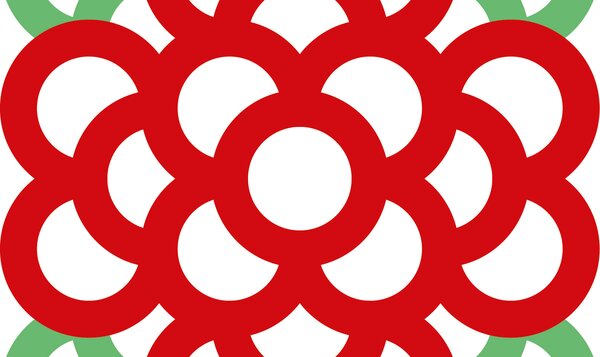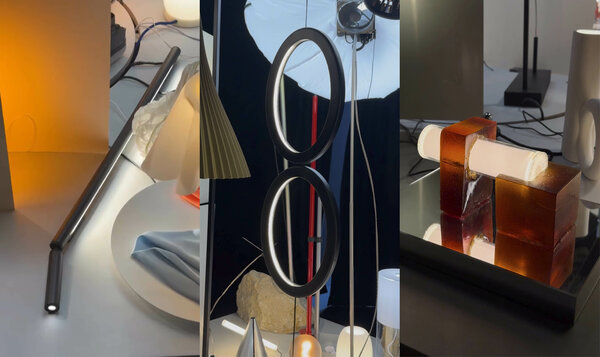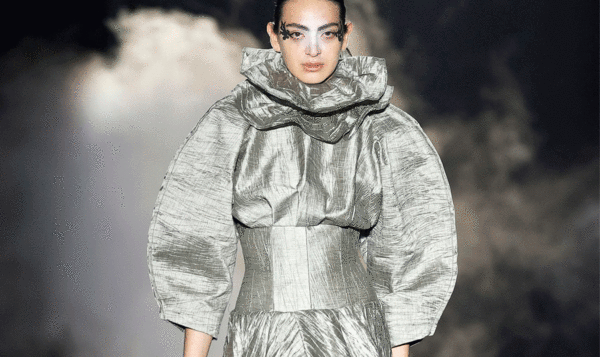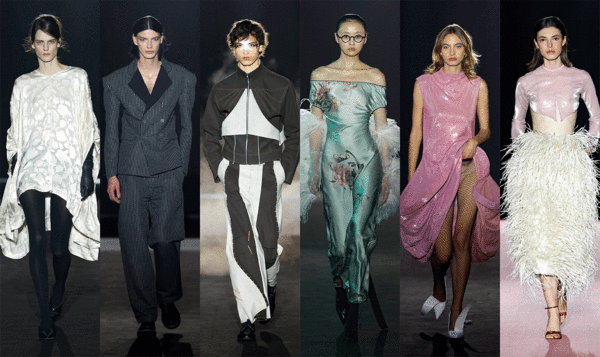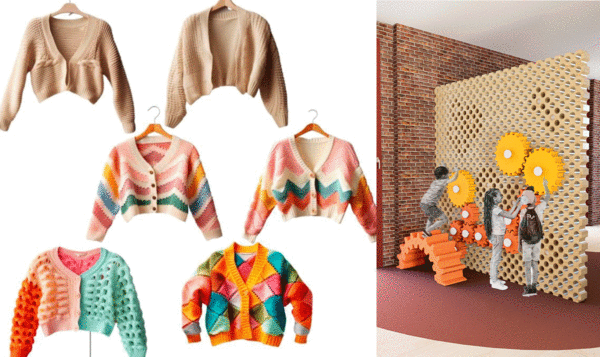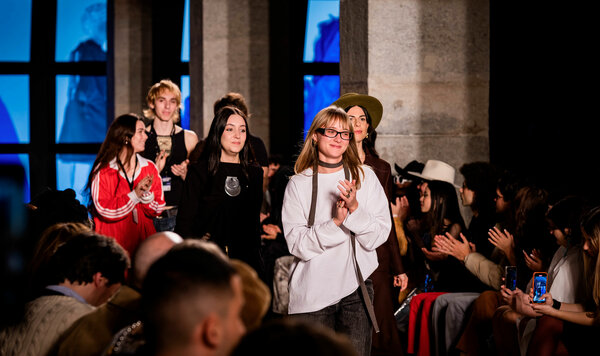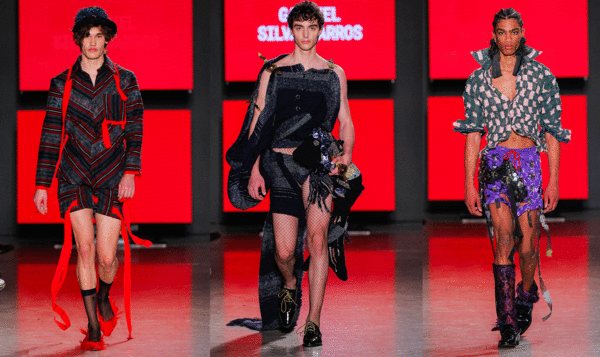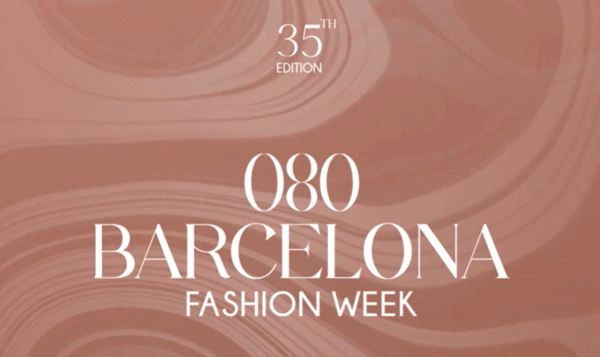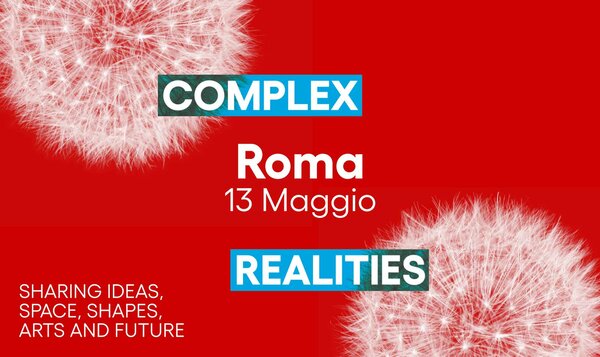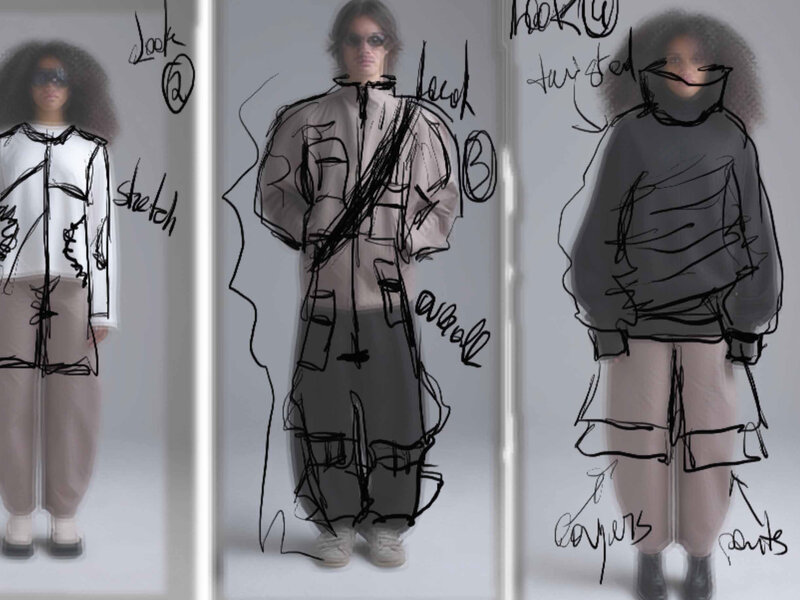
Fashion Design
Training up future fashion designers who will translate emotions into clothing and accessories
ITA
|
ENG
Language
Italian, English
Start date
October 2025
Frequency
Full time
Fruition
On campus
Duration
3 Years
Credits
180
Course Coordination
Luca Parenti, Guido Riccitelli
Take an exciting journey into the world of fashion and shape your creative personality with the Fashion Design Undergraduate Programme at IED Firenze
Empower your creativity and imagination as you grow along the way with our three-year Undergraduate Programme in Fashion Design at IED Firenze. Over your time here, you will learn how to bring out your expressive identity and prepare to move into the fashion industry as a professional.
You will enjoy a rewarding training experience where theory and cultural studies are explored in combination with practical learning and professional knowledge of project design. You will have the opportunity to develop the typical skills of a fashion designer. With full support from lecturers and professionals, you will be shaping and sharing your own style as you create collections of clothing, footwear and accessories.
As a fashion designer, at the end of the course, you will be able to balance creativity and method, in a perfect combination of arts and crafts. This experience, combined with your creativity, will enable you to face the world of work and shape new creative codes.
Issued Degree:
Diploma Accademico di Primo Livello (DAPL), corresponding to a Bachelor of Arts Degree (BA) – EQF6 Level (European Qualification Framework).
Credits:
The course awards 180 CFA (Academic Formative Credits), corresponding to 180 ECTS (European Credit Transfer and Accumulation System).
Information to decide
Learning how to make fashion collections of clothing, footwear and accessories
The three-year Fashion Design Undergraduate Programme at IED Firenze aims to provide you with basic cultural knowledge and the best methods to approach the designing of a collection, with market demands and consumer trends in mind. At the same time, your creations will also reflect the typical Made in Italy standards of quality, innovation, originality and sustainability.
Once you have learned the basics of project design, we will move on to an in-depth exploration of technical and analytical skills. The aim of this training is indeed for you to develop awareness and expertise across all aspects of fashion, from visual communication all the way to full production and execution.
We will develop together a number of projects and workshop experiences where you will have the opportunity to test your skills, working either on your own or with your classmates. These activities will bring you closer to the different areas of the fashion industry, as you become more familiar with the technical aspects involved in the process.
On your second year of the Fashion Design degree programme at IED Firenze, you will be able to choose your specialization track between either Fashion Design or Shoes and Accessories Design. With the first one you will learn how to make clothing collections, while the other track is mainly focused on creating accessories and footwear.
The three-year Fashion Design Undergraduate Programme at IED Firenze is the best option for students who want to translate their creativity into a world where fashion design is seen as self-expression of artistic and professional skills.
If you dream of becoming a fashion designer and have the curiosity to develop, deepen and learn about the subjects, tools and methods that best suit the fashion world in its many aspects, this is the definitely your best training opportunity.
Over the three years, you will learn how to express your creativity as you translate it all into garments or accessories with a unique, innovative and personal style. Other than the typical career opportunities available as Fashion Designer, Accessories Designer and Shoes Designer, you will also be able to share your creativity with others working as a Product Manager, Creative Researcher, Trend Forecaster and Textile Designer.
The three-year Fashion Design degree programme at IED Firenze reflects a perfect combination of artistic and professional experience, where one complements the other. The school is based in the city of Florence, enjoying a long-established tradition in the fashion industry with a well-known manufacturing district. Within this context, this training will become a starting point for developing further the role of Made in Italy. Some of the major fashion brands based here will be involved in the process, along with a supply chain of small and medium-sized local manufacturers that play a key role for the development of the industry.
Over the three years, you will have the opportunity to come into contact with the business world in different steps of your training process, as you get involved in a number of projects, seminars and guest lectures. On all these occasions, you will also understand how important the Tuscany market context is, with all its typical features and the many different cultural and professional opportunities it has to offer.
You will develop skills to follow every step of technical and communication product delivery, using a highly project-oriented practical approach. You will also learn how to select the best tools, as you successfully interact with other professionals and make sure the overall vision is consistent at all times.
As a result of an increasing level of connections between disciplines in the same area and opportunities for cooperation and discussion with students from other IED departments, you will be able to take part in some advanced-level projects that will bring you closer to the different roles you will be covering as you move into the job market.
The main software you will need during your course is provided by IED!
On this page you will find all the features you need for your computer.

Bachelor of Arts Scholarship Competition
Get the chance to win a Scholarship for the Undergraduate programs
Syllabus
first year
On your first year, you will approach the study of theory and cultural subjects, along with key knowledge of basic technical, cultural, analytical and project-oriented tools as a prerequisite for working as a professional designer. You will learn to translate creative drives into structured projects as you gain insight into methods and practice in the use of specific tools.
STYLE, HISTORY OF ART AND COSTUMES
PROJECT DESIGN METHODOLOGY
TECHNICAL AND PROJECT DESIGN
HISTORY OF FASHION 1
MODELLING 1
GRAPHIC DESIGN 1
TEXTILE CULTURE 1
FASHION DESIGN 1
FIGURATIVE ANATOMY
SEMIOTICS OF ART 1
second year
On your second year of the course delivered in english you will need to choose between two different specialization tracks, one in Fashion Design and the other in Shoes and Accessories Design. You will be working on more advanced design projects, which you will carry out either on your own or with classmates, under the supervision of your lecturers. You will also broaden your knowledge of theory subjects as a way to better understand context, trends and communication modes specific to the fashion system.
Fashion Design
This specialization track comes to train up future Fashion Designers who specialize in the design and creation of menswear and womenswear collections. You will combine technical skills with knowledge of manufacturing that will enable you to better understand the latest technology factors involved in fashion and identify new textile solutions to support rapidly changing trends.
Shoes and Accessories Design
The focus of this specialization track will be on the whole world of accessories, including handbags, footwear, small leather goods and headwear -currently one of the most creative and exciting market sectors available. Designing and creating accessories has evolved over time from garment complements to iconic objects, requiring today specialist training with laboratories, tools, machines, technical drawing and pattern-making techniques for shoe/bag production and small metalwork design, to reflect the special features of each product.
HISTORY OF FASHION 2
GRAPHIC DESIGN 2
SEMIOTICS OF ART 2
HISTORY OF PHOTOGRAPHY
BUSINESS LOGIC AND ORGANIZATION 1
DESIGN TECHNIQUES AND TECHNOLOGIES
MODELLING 2
TEXTILE CULTURE 2
FASHION DESIGN 2
third year
The third year is the time when you will spend most of your energy on project design tasks, particularly on your dissertation project, which will be the highpoint and synthesis of your three years of study. The dissertation will be a great opportunity for you to express your vision of the fashion industry, practising the methods and skills acquired over the three years.
PROJECT DESIGN METHODOLOGY FOR VISUAL COMMUNICATION
PHENOMENOLOGY OF CONTEMPORARY ARTS
BUSINESS LOGIC AND ORGANIZATION 2
THEORY AND ANALYSIS OF CINEMA AND AUDIOVISUAL COMMUNICATION
FASHION DESIGN 3
MODELLING 3
FASHION DESIGN 4
